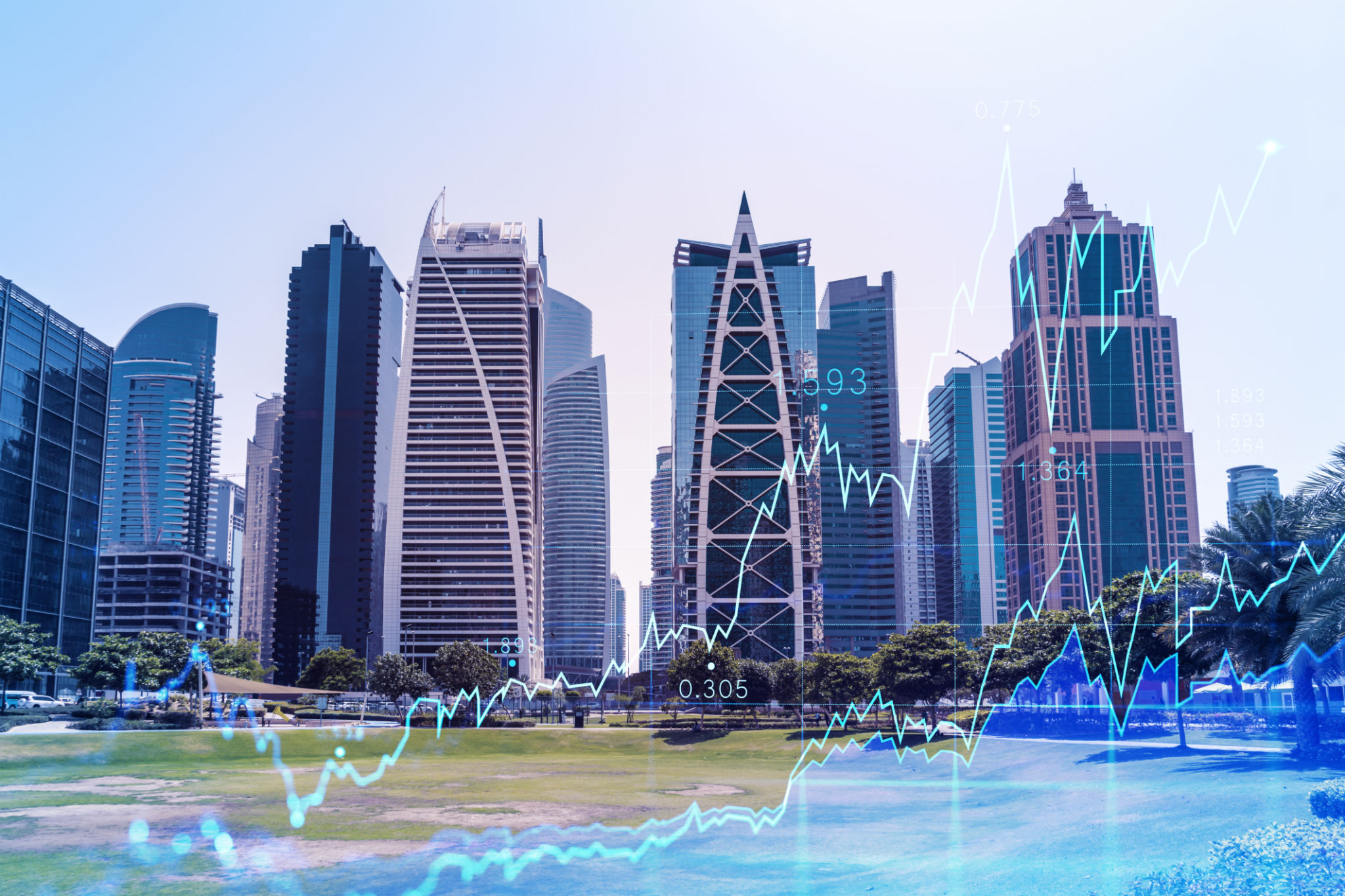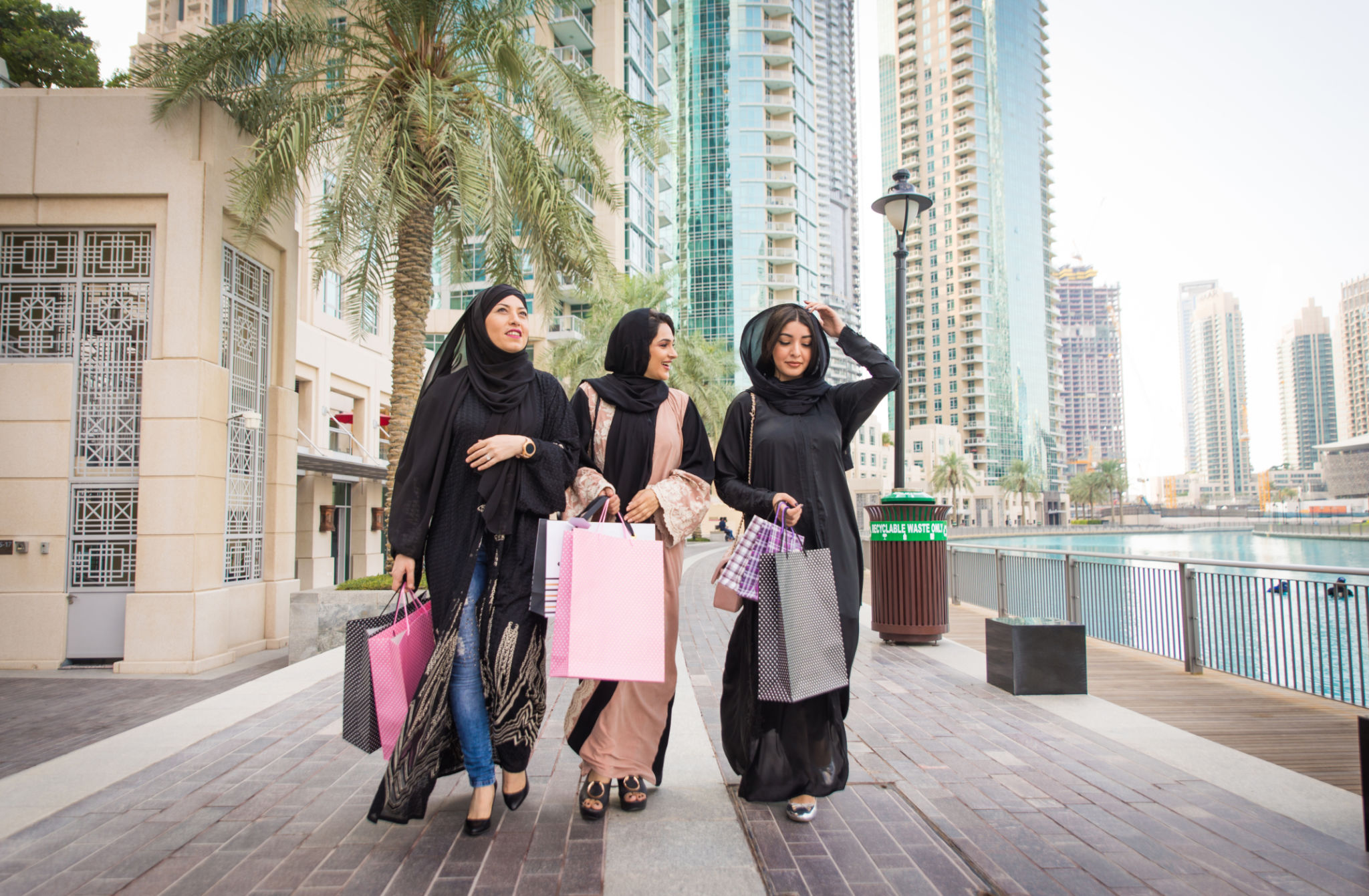Seasonal Trading Trends in the UAE: What to Expect
Understanding Seasonal Trading Trends in the UAE
The United Arab Emirates (UAE) is a dynamic market with trading trends that vary significantly throughout the year. Understanding these seasonal trends is crucial for businesses aiming to maximize their market presence and profitability. The UAE's unique blend of cultural, economic, and environmental factors contributes to these trends, making it essential for traders and investors to be well-informed.
One of the primary influences on seasonal trading trends in the UAE is its climate. The extreme heat during the summer months leads to a slowdown in certain sectors, while the cooler months see a surge in activity. Additionally, cultural events and festivals play a significant role in shaping consumer behavior.

Impact of Climate on Trading
The UAE experiences a harsh summer from June to September, which directly affects consumer habits and business operations. During this period, outdoor activities and retail shopping may decline due to the soaring temperatures. However, this season also offers opportunities for sectors like air conditioning, indoor entertainment, and e-commerce, which tend to thrive as people look for ways to stay cool and entertained indoors.
Conversely, the winter months from November to March bring milder weather, drawing tourists and boosting sectors such as hospitality, retail, and outdoor events. This influx of tourists and favorable weather conditions create a vibrant trading environment, with increased demand for goods and services.

Cultural Events and Their Influence
Cultural events such as Ramadan, Eid al-Fitr, and Eid al-Adha significantly impact trading trends in the UAE. During Ramadan, there is a noticeable shift in consumer behavior, with a focus on food, clothing, and gifts. Retailers often offer special promotions during this period to attract shoppers looking for festive deals.
The Eid celebrations following Ramadan also boost consumer spending, particularly in the fashion, electronics, and travel sectors. Businesses that cater to these demands by offering tailored products and services can see substantial gains during these culturally significant times.
Economic Influences on Trading
Besides climate and cultural factors, economic events such as the Dubai Shopping Festival (DSF) and the Abu Dhabi International Petroleum Exhibition and Conference (ADIPEC) also influence trading trends. The DSF, held annually in January-February, attracts shoppers from around the world, leading to increased sales across various sectors.

ADIPEC, on the other hand, draws industry professionals from the oil and gas sector, impacting trade and investments in energy-related industries. These events not only boost local economies but also enhance international trade relations.
Preparing for Seasonal Changes
To successfully navigate these seasonal trading trends, businesses in the UAE should adopt strategic planning and marketing initiatives. This includes analyzing past performance data, understanding consumer preferences during key periods, and leveraging technology to reach target audiences effectively.
Moreover, businesses should remain adaptable and responsive to changing market conditions. By aligning their offerings with seasonal demands and cultural events, companies can capitalize on opportunities and mitigate potential downturns during slower periods.

In conclusion, understanding the seasonal trading trends in the UAE is vital for businesses aiming to optimize their operations and achieve sustainable growth. By considering climate influences, cultural events, and economic activities, companies can make informed decisions that align with market dynamics throughout the year.
